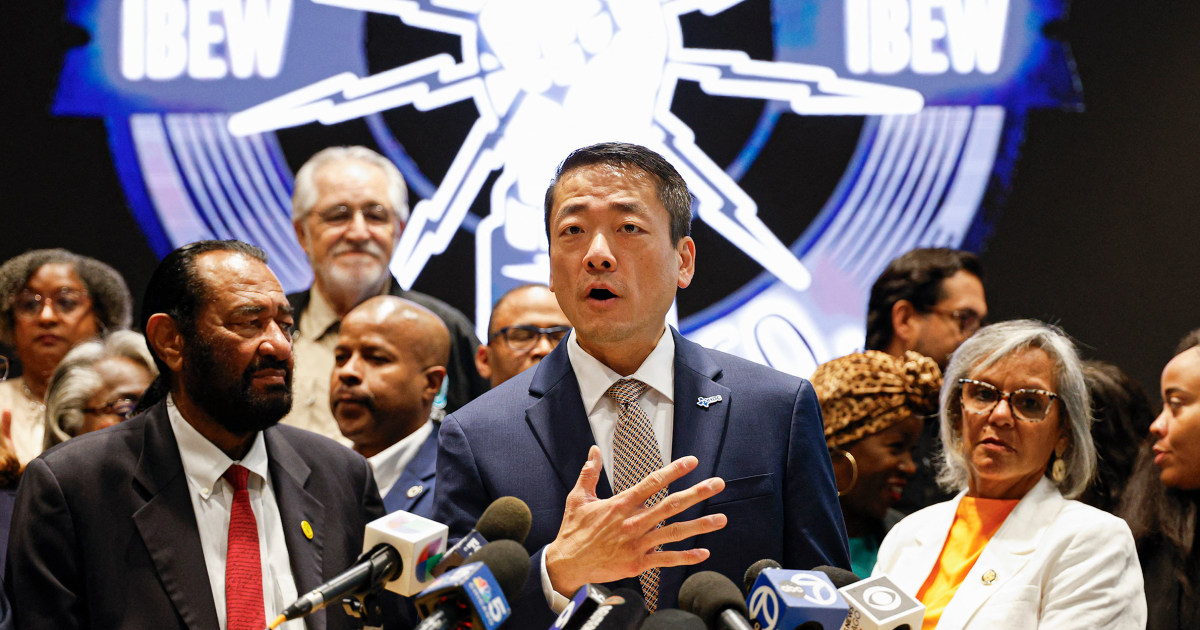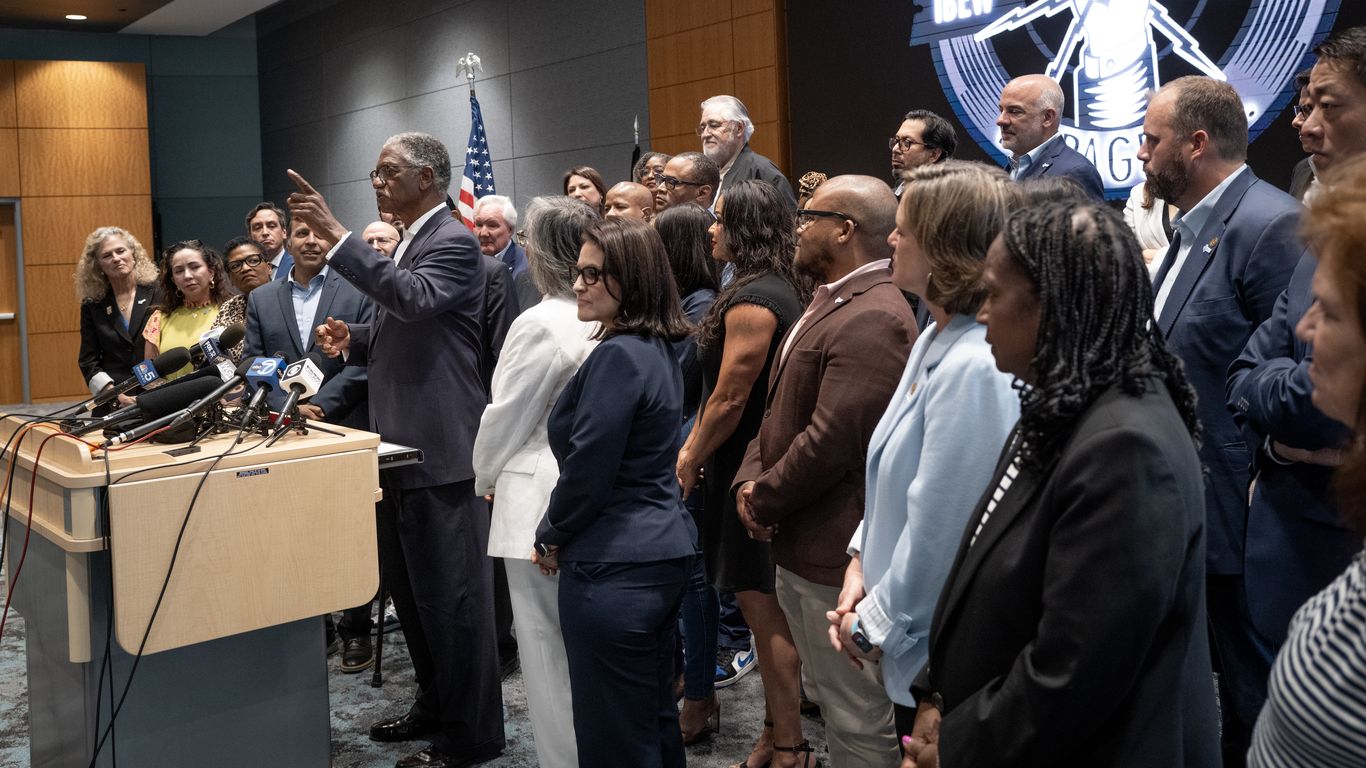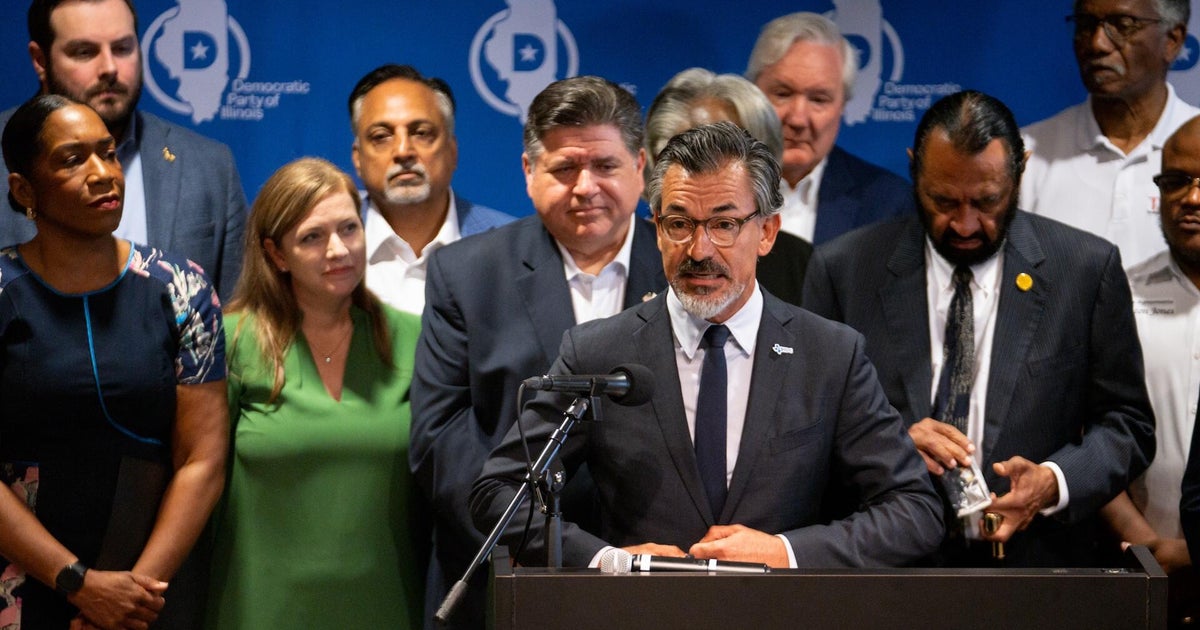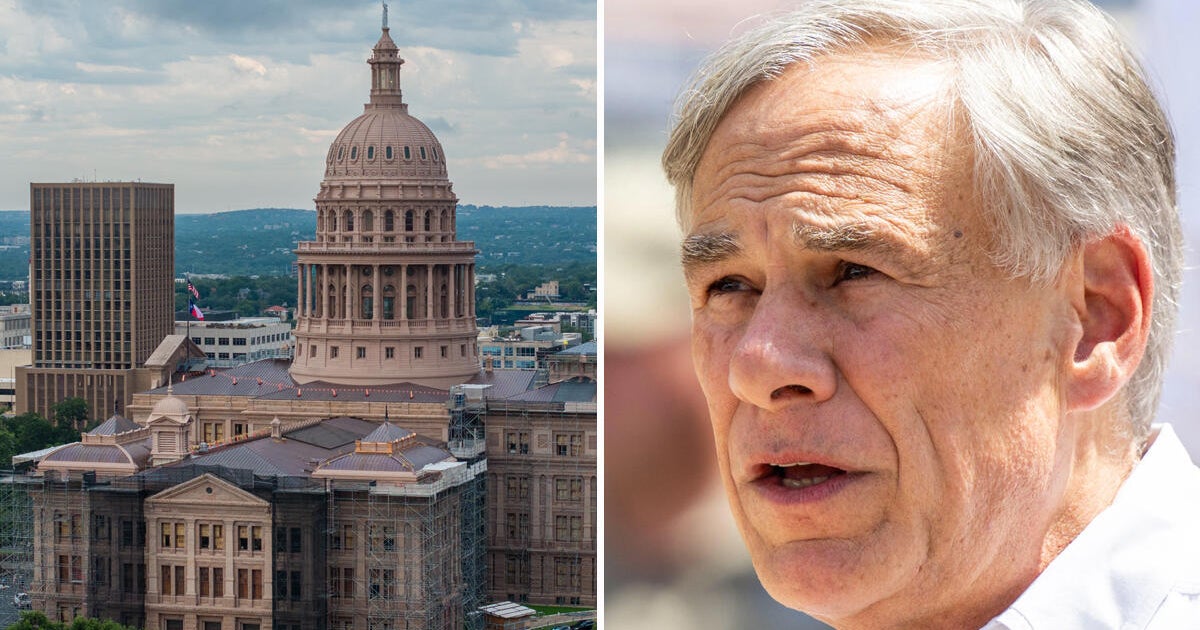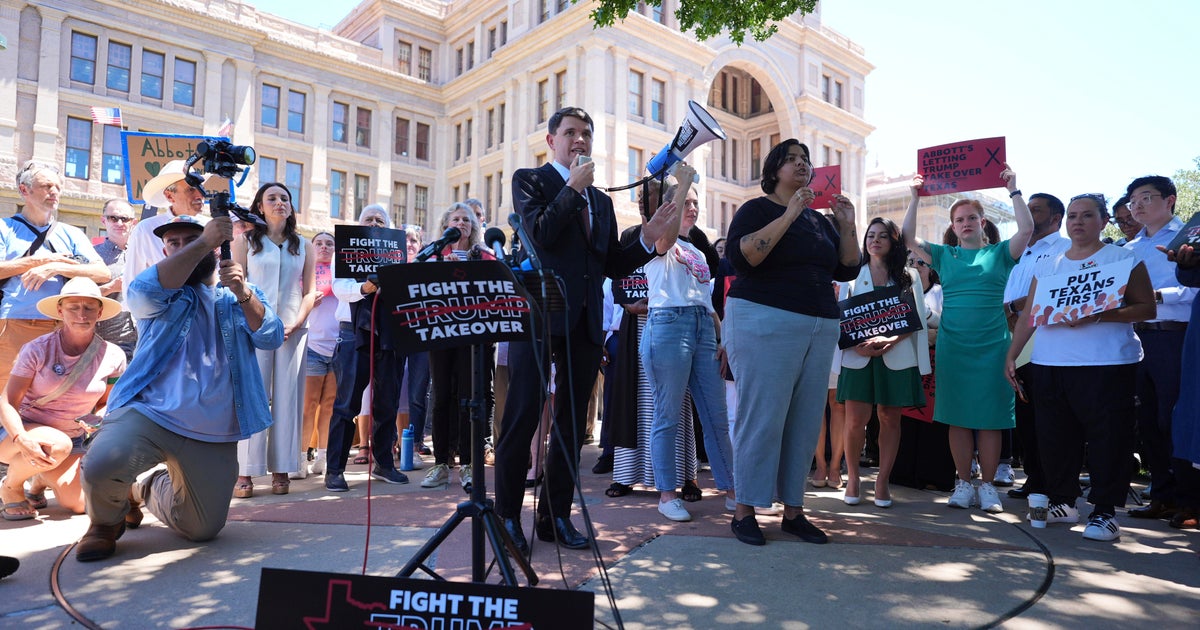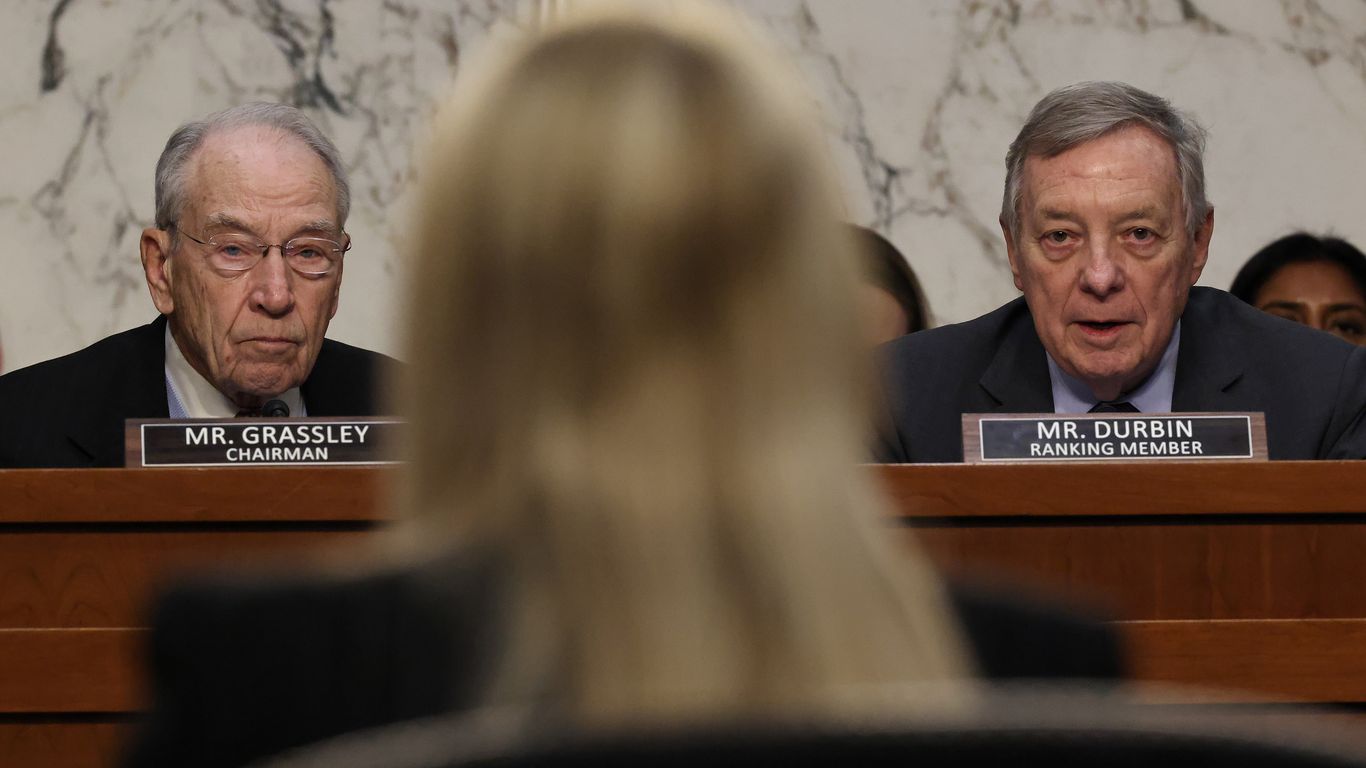FBI Assists in Texas Political Standoff

Introduction
Senator John Cornyn has announced that the FBI will be assisting Texas law enforcement in locating Democratic lawmakers who fled the state in order to block a redistricting effort backed by former President Trump. This move comes after Governor Greg Abbott issued a call for the lawmakers to be arrested upon their return to Texas. This political standoff has garnered national attention and raised questions about the role of federal law enforcement in state-level disputes.
Details and Context
The Democratic lawmakers left the state in order to prevent a quorum and stall the passing of a Republican-backed bill that would redraw congressional districts in Texas. This controversial bill has been met with criticism and accusations of gerrymandering. The use of federal resources to locate and potentially arrest these lawmakers has also sparked debate, with some arguing that it sets a dangerous precedent for the federal government to intervene in state-level disputes.
Impact
This situation highlights the ongoing political divide in the United States and the power struggles between state and federal government. It also serves as a reminder of the role that law enforcement plays in maintaining order and enforcing the law. With the involvement of the FBI, the outcome of this standoff will have implications for future political conflicts and the relationship between state and federal authorities. As the situation continues to unfold, it will be interesting to see how it will impact the political landscape and shape the narrative surrounding the role of federal law
About the People Mentioned
Greg Abbott
Greg Abbott, born Gregory Wayne Abbott on November 13, 1957, in Wichita Falls, Texas, is the 48th governor of Texas, serving since January 2015 after winning elections in 2014, 2018, and 2022.[1][2][4] A Republican and staunch conservative, he previously held the position of Texas attorney general from 2002 to 2015—the longest tenure in state history—where he defended state rights, religious liberty, and frequently challenged federal policies under the Obama administration.[1][2][3][6] Abbott's early career included roles as a state district judge in Harris County starting in 1992 and as a justice on the Texas Supreme Court from 1996 to 2001, appointed by then-Governor George W. Bush.[1][4][6] In 1984, at age 26, he was paralyzed from the waist down after a tree fell on him during a jog, requiring him to use a wheelchair; he became the first U.S. governor to do so since 1982 and only the third in American history.[1][2] As governor, Abbott has prioritized low taxes, budget cuts, economic growth, education funding, and border security through Operation Lone Star, including deploying troops, installing razor wire and buoys, busing migrants to sanctuary cities, and declaring Mexican cartels as terrorist organizations.[2][3][4][5] He signed constitutional carry legislation in 2021, allowing permitless handgun carry for most adults over 21, amid mass shootings like Sutherland Springs in 2017.[1] His administration has overseen record job creation, property tax reforms, bans on sanctuary cities, and protections for the unborn.[3][4][5] Disputes with federal officials over border measures persisted into 2023-2024.[2] In July 2025, Abbott declared a state of emergency after severe central Texas flooding killed over 150 people, securing federal disaster aid.[1] He remains a prominent national conservative figure, named "Best Governor in the Nation" in 2020.[5]
Donald Trump
Donald John Trump, born June 14, 1946, in Queens, New York, is an American businessman, media personality, and politician. He graduated from the University of Pennsylvania’s Wharton School in 1968 with a degree in economics. In 1971, he took over his family’s real estate business, renaming it the Trump Organization, through which he expanded into building and managing skyscrapers, hotels, casinos, and golf courses. Trump gained widespread fame as the host of the reality TV show *The Apprentice* from 2004 to 2015, which helped establish his public persona as a successful entrepreneur. Trump entered politics as a Republican and was elected the 45th president of the United States, serving from 2017 to 2021. His presidency was marked by significant policy actions including tax cuts, deregulation, the appointment of three Supreme Court justices, renegotiation of trade agreements (notably replacing NAFTA with the USMCA), and a focus on immigration control including border wall expansion. He withdrew the U.S. from international agreements such as the Paris Climate Accord and the Iran nuclear deal, and engaged in a trade war with China. His administration’s response to the COVID-19 pandemic was criticized for downplaying the virus’s severity. Trump was impeached twice by the House of Representatives—first in 2019 for abuse of power and obstruction, and again in 2021 for incitement of insurrection—but was acquitted by the Senate both times. After losing the 2020 election to Joe Biden, Trump challenged the results, culminating in the January 6, 2021, Capitol riot. He remains a central figure in American politics, having won the 2024 presidential election and returned as the 47th president in 2025, continuing to promote policies aimed at economic growth, border security, and military strength[1][2][3][4].
About the Organizations Mentioned
FBI
The Federal Bureau of Investigation (FBI) is a premier law enforcement agency in the United States, renowned for its role in protecting the nation from domestic and international threats. Founded on July 26, 1908, as the Bureau of Investigation, it was initially tasked with addressing land fraud and corporate malfeasance under President Theodore Roosevelt[1][2]. Over time, its mandate expanded significantly, particularly with the passage of the Mann Act in 1910, which allowed federal jurisdiction over certain moral offenses[1][4]. ### History and Evolution The FBI underwent significant transformation under J. Edgar Hoover, who became its director in 1924. Hoover implemented strict hiring standards and enhanced operational capabilities, transforming the agency into a robust investigative force[1][4]. The FBI's name was officially changed to the Federal Bureau of Investigation in 1935[5][6]. Throughout its history, the FBI has faced challenges, including concerns about potential abuses of power, but it has consistently demonstrated its value in national security and law enforcement[3][4]. ### Key Achievements The FBI has been instrumental in combating various crimes, including white-collar offenses, civil rights violations, and national security threats. Notable achievements include its role in enforcing the Espionage Act during World War I and its investigations into organized crime throughout the 20th century[2][4]. ### Current Status Today, the FBI is a sophisticated agency with over 37,100 employees, including special agents and professionals in various fields such as intelligence analysis and cybersecurity[5]. It operates in 55 field offices across the U.S. and has an international presence in 81 nations[5]. The FBI continues to evolve, addressing emerging threats like cybercrime and terrorism while maintaining its commitment to justice and integrity. ### Notable Aspects The FBI is known for its rigorous training programs at the FBI Academy in Quantico, Virginia, and its advanced forensic capabilities at the FBI Laboratory. Its work in business and technology includes
